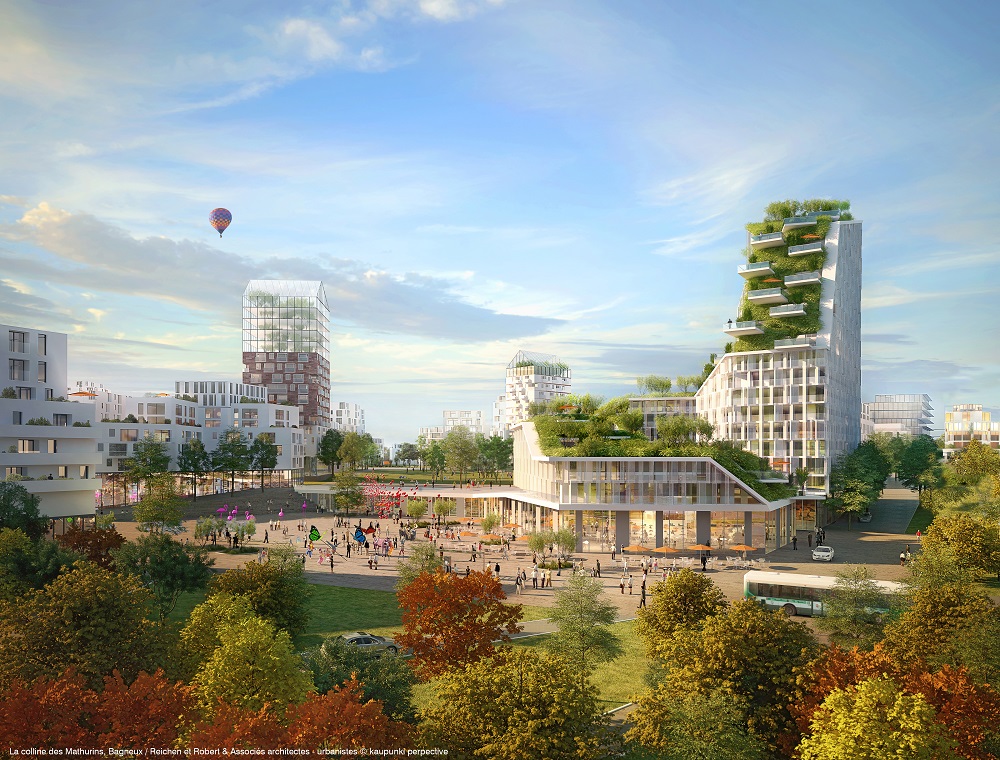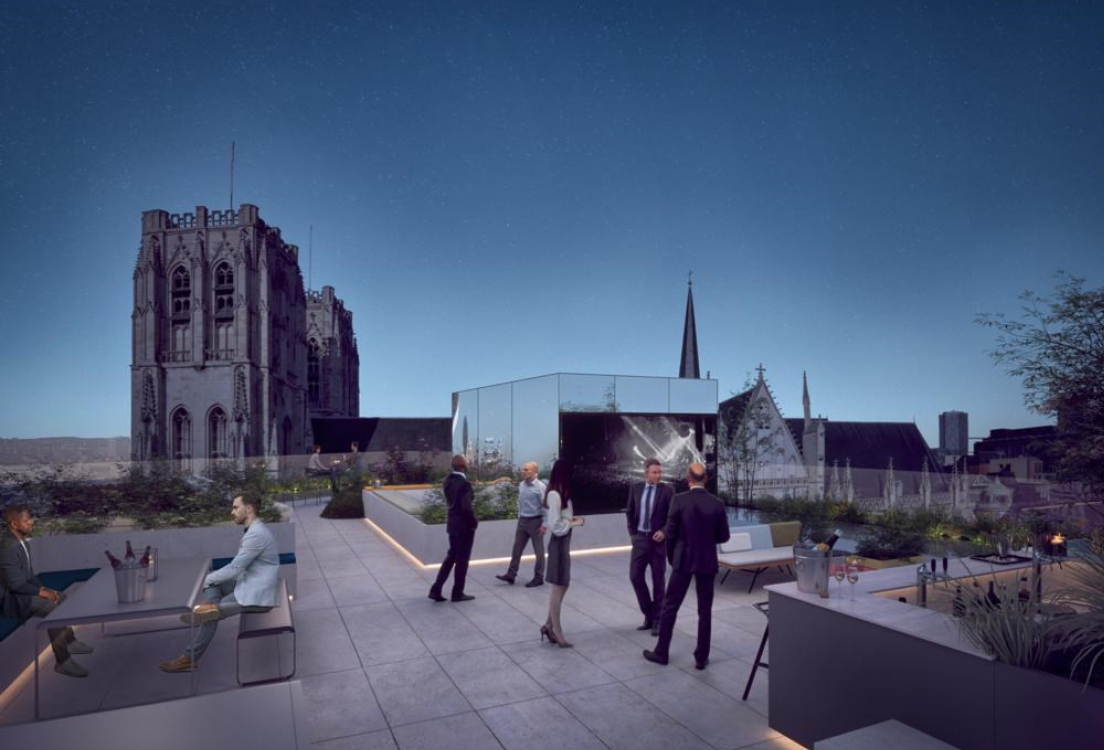CSR: a must-have
All business sectors and company types, from VSEs to multinationals, are having to transform their workspaces. These considerations around real estate are becoming a fundamental issue and now play a strategic and value-creating role, which involves not only real estate departments, but also human resources and even senior management, as well as the finance department.
While 2020 and 2021 saw remote-working introduced within companies, 2022 has been the year of putting in place and rolling out new employee experiences: offices are now emerging as really lively social places where employees come together in order to exchange ideas and work together. With ever-increasing requirements around flexibility, health, well-being and environmental responsibility, offices are becoming an essential environment for employees, providing them with a space to develop human relationships, innovation and company culture.
With the post-pandemic world in mind, CSR is a “must-have” driver of employee engagement. As a result, companies are becoming more particular around sustainability, and more and more are choosing accredited and certified office buildings. Some organisations will also be prioritising environmentally responsible fittings (through upcycling existing furniture or equipment, for example) and reducing energy consumption (such as through natural light, presence detectors and aerator taps). Similarly, promoting greener transport has become a prerequisite for companies looking for offices to rent. This includes bicycle parking in office buildings or electric charging points.

A “tailor-made” office building for employees
It is now very clear that the future of work will be hybrid. However, in order to support this change, companies must provide their employees with all of the environments and tools needed for this transition. This includes setting up dedicated spaces, such as individual work booths, rooms equipped for remote meetings and even collaborative spaces which can be used for informally sharing information. Similarly, building connectivity is essential, delivered through high-quality WiFi access throughout buildings, including in the gardens and other outdoor areas used by employees.
Finally, in order to have an attractive workspace for employees, services inspired by the upmarket hospitality industry, such as a corporate concierge services, childcare facilities, fitness and wellness areas, healthy and varied catering, and bicycle repair workshops, will be needed.
In summary, in order to remain attractive, the offices of tomorrow will need to provide employees with something more, such as tools, services, collective experiences and unique overall environments that cannot be recreated in home offices. This will be essential, as office buildings need to be more than just workspaces and instead really encapsulate the company's culture and showcase the employer brand.

